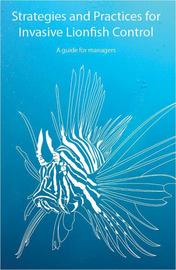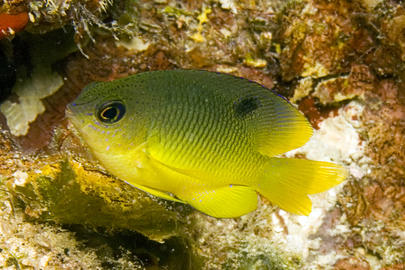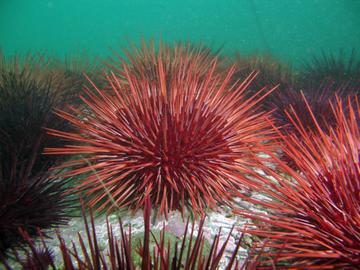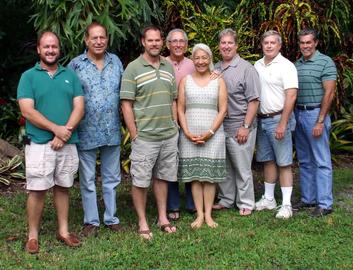REEF is excited to announce the release of Invasive Lionfish: A Guide to Control and Management. Available as an e-book to view and/or download (formatted for desktop and mobile devices), this extensive manual was created to aid coastal managers and field workers in effectively managing the invasive lionfish problem.
Our Webinar team is at it again! New Fishinars continue to be added, and upcoming sessions include a California Critters series, plus several on Caribbean fish families (including those pesky Damsels)! Check out the Webinar Training page (www.REEF.org/resources/webinars) for the most up-to-date listing. These popular online training sessions provide fishie fun in the comfort of your own home. Fishinars are free, and open to all REEF members. You need to register for each session you want to attend.
Every month, scientists, government agencies, and other groups request raw data from REEF’s Fish Survey Project database. Here is a sampling of who has asked for REEF data recently and what they are using it for:
- A National Research Council post-doctoral fellow is using REEF sightings data on manta and mobula to evaluate global populations of these at-risk species.
- A researcher is evaluating fish distribution and abundance data from south Florida to be included in a NOAA document used to respond to oil spills.
REEF members are at the heart of our grassroots marine conservation programs. Over 43,000 divers, snorkelers, students, and armchair naturalists stand behind our mission.
To celebrate 20 years of ocean conservation and education through the Volunteer Survey Project, and to honor our members for making these successes possible, REEF will be hosting a fun-filled weekend of diving, learning, and parties -- August 8-11, 2013, in Key Largo. Please mark your calendar and save the date! More details will be announced in the coming months. The first REEF surveys were conducted during a Field Survey trip in Key Largo, Florida, in the summer of 1993.
For more than 20 years, REEF has been conserving marine ecosystems through education, service, and research. It’s an exciting time for REEF as we work hard to extend the reach of our innovative marine conservation programs. One way REEF is doing this is by inviting diverse leaders to the Board of Trustees to help guide the foundation, including these three new members:






